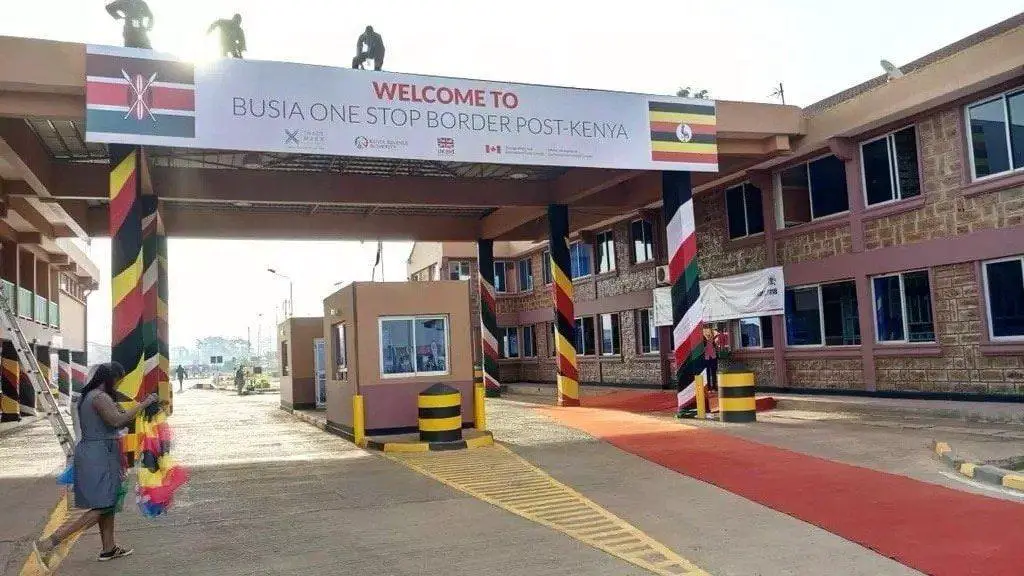When President Uhuru Kenyatta stepped out on his Harambee house offices to announce the measures to curb the spread of Novel Coronavirus, no one knew the effect it would have on the East African citizens. In his announcement, the President gave an allowance of 48 hours for non-Kenyans to arrive and be quarantined after which none will be allowed.
While the rules of engagement for a trade block like East African Community has been to allow the free movement of people, goods, and services, Coronavirus has stepped to challenge this notion, with most countries viciously guarding their borders against foreign entry.
In regional bodies like the European Union, the movement of people and goods across the region is becoming more difficult with border chaos being witnessed in countries traditionally with the easiest border crossing exercises.
In East Africa, crossing the boundary is even harder. After Kenya announced the crossing of its borders, East African citizens who rely on the country for trade and transportation of goods and services have suffered greatly. Both Malaba and Namanga border posts, one of the busiest points have recorded reduced activities for goods and services with non-Kenyans being turned back.
To ease the tension on commerce, the Kenyan government announced that it was already in consultation with the Chinese government to allow the free movement of cargo from China to maintain the momentum of growth in industries as well as consumer goods. This, however, will be done under strict conditions to ensure the goods are disinfected from point of departure as well as point of arrival.
“There is Coronavirus, and after Coronavirus there will still be Kenya. In order for us not to suffer extreme economic losses, we have considered and found ways of ensuring that cargo vessels, cargo aircraft, and ships can come into the country provided they are disinfected at the point of departure and crew quarantined on arrival,” said Cabinet Secretary of Health Mutahi Kagwe.
“We have advised KPA (Kenya Ports Authority) to let our ships in High Seas to dock at the port. Goods can continue coming in but we definitely have terms for quarantine,” Kagwe stated in part.
This, however, is not clear whether goods in transit to other East African countries like Uganda, Rwanda, Burundi and the Democratic Republic of Congo stand to be allowed and strict disinfectant regime employed. There have been issues with goods on transit as some have found themselves back to the country
Other countries that have announced strict transborder movements include Rwanda, South Africa, and Tanzania which are wary of the threat external movements present to the health of their country.
The internal EAC market has about 146 million consumers, while the Common Market for Eastern and Southern Africa (COMESA) comprises 20 member states with a population of over 460 million. Rwanda, Kenya, Uganda and Burundi are all members of COMESA.
The Southern African Development Community (SADC), established in 1992, and is now composed of 15 member states among which is Tanzania – the only EAC state that also belongs to the SADC bloc.
